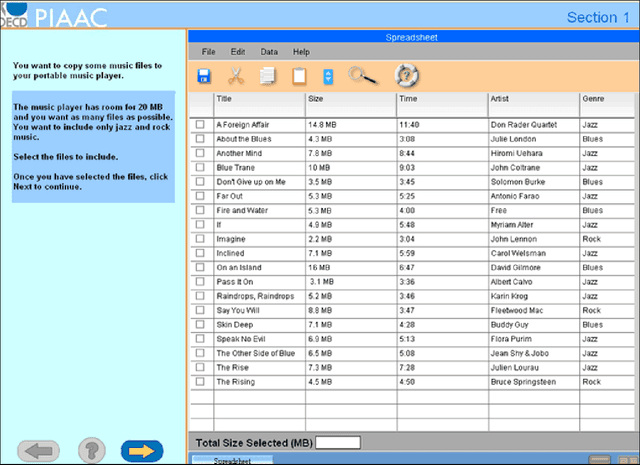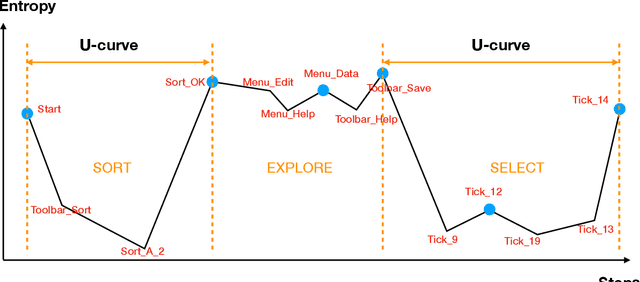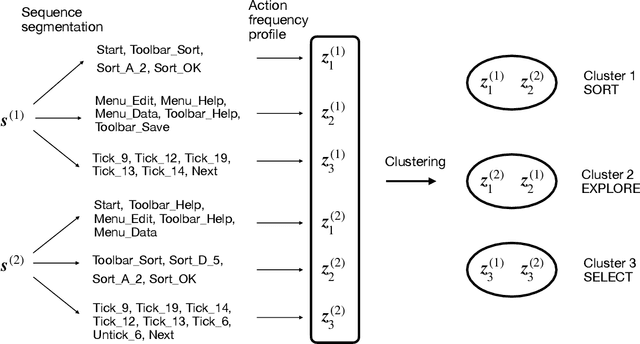Subtask Analysis of Process Data Through a Predictive Model
Paper and Code
Aug 29, 2020



Response process data collected from human-computer interactive items contain rich information about respondents' behavioral patterns and cognitive processes. Their irregular formats as well as their large sizes make standard statistical tools difficult to apply. This paper develops a computationally efficient method for exploratory analysis of such process data. The new approach segments a lengthy individual process into a sequence of short subprocesses to achieve complexity reduction, easy clustering and meaningful interpretation. Each subprocess is considered a subtask. The segmentation is based on sequential action predictability using a parsimonious predictive model combined with the Shannon entropy. Simulation studies are conducted to assess performance of the new methods. We use the process data from PIAAC 2012 to demonstrate how exploratory analysis of process data can be done with the new approach.
 Add to Chrome
Add to Chrome Add to Firefox
Add to Firefox Add to Edge
Add to Edge